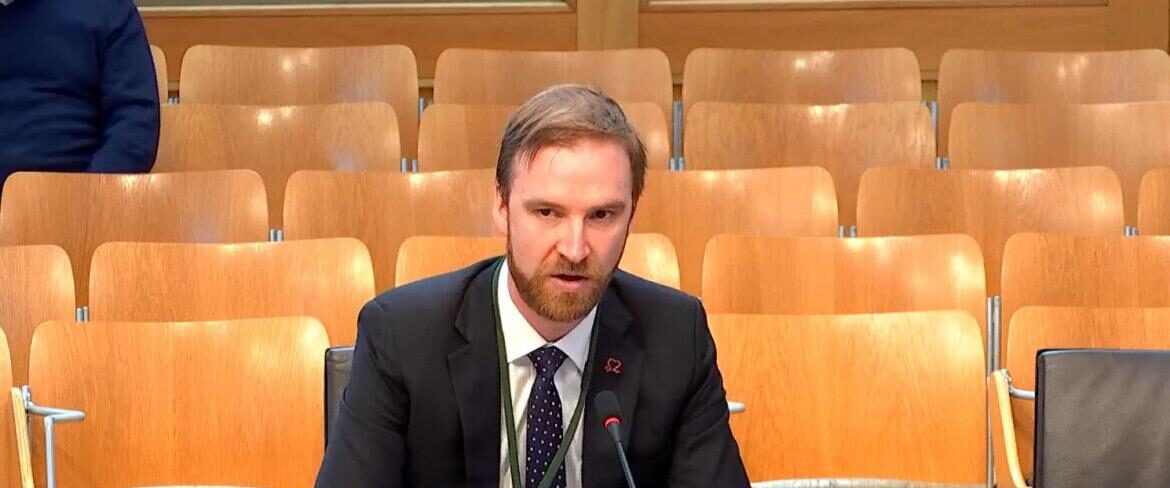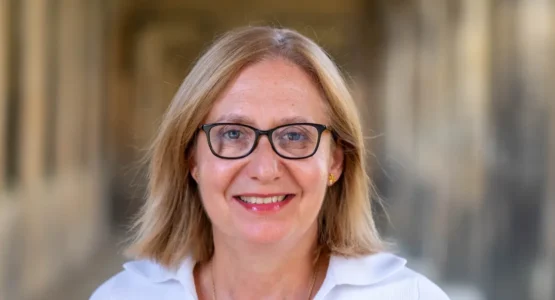Randolph Brazier (2012) is Global Head of Clean Power Systems at HSBC. He was interviewed for the alumni blog back in 2018 and since then his career in the energy sector has gone from strength to strength. In this follow-up article Randolph shares what he has been doing over the last five years.
What have you been up to since we last spoke to you?
Last time we spoke I was working at the Energy Networks Association (ENA). I was a Director there, leading on supporting the power system get to net zero carbon emissions by 2035.
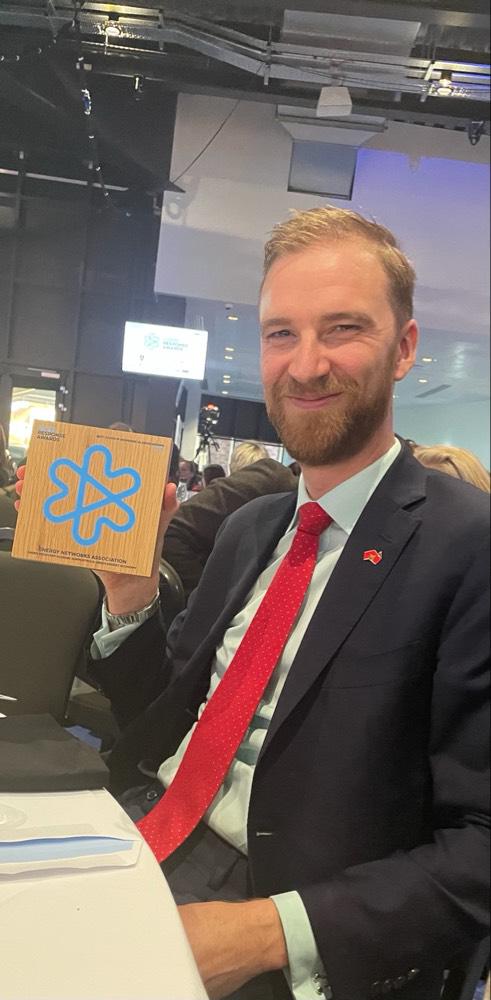
That role entailed working closely with UK/EU Governments and energy industry stakeholders to ensure that all voices were heard and that net zero was balanced against keeping costs down for customers and ensuring reliable and secure energy (the energy trilemma). One particularly exciting highlight was supporting the creation and delivery of the UK energy regulator’s £300m Green Recovery Scheme, which enabled fast-tracked investment in electricity grids to support a green recovery from the Covid-19 pandemic.
Apart from my role at ENA, I have also been involved in various committees and working groups with the World Energy Council (WEC), where I was selected as one of the WEC’s Future Energy Leaders (FEL-100). I now sit on the Board of the FEL-100 and am helping to usher in the next generation of Future Energy Leaders.
More recently, I also joined the UN Development Programme’s (UNDP) Energy Governance Advisory Group. This is a new Group that has been established by the UN to identify best practice globally for Energy Governance that enables clean, reliable and affordable energy access for all. This has meant working with an extremely diverse range of global stakeholders, and we will be developing a toolbox of governance options for energy systems that can be deployed depending on local constraints, systems, geographies, private/public ownership models and natural resources.
What is your current role and what does it entail?
At the start of this year I began a new role as Global Head of Clean Power Systems at HSBC. My role is part of a wider sustainability ‘Centre of Excellence’ within the Bank, which brings together people from a range of technical and policy backgrounds.
It is still early days, but so far it has been fascinating to learn about the role of finance in the energy system, while providing in-house energy expertise to support bankers and clients on the net zero journey. HSBC has a 2050 net zero target, including all of its financed emissions. So it can play a huge part in influencing clients and ultimately reducing real-world carbon emissions.
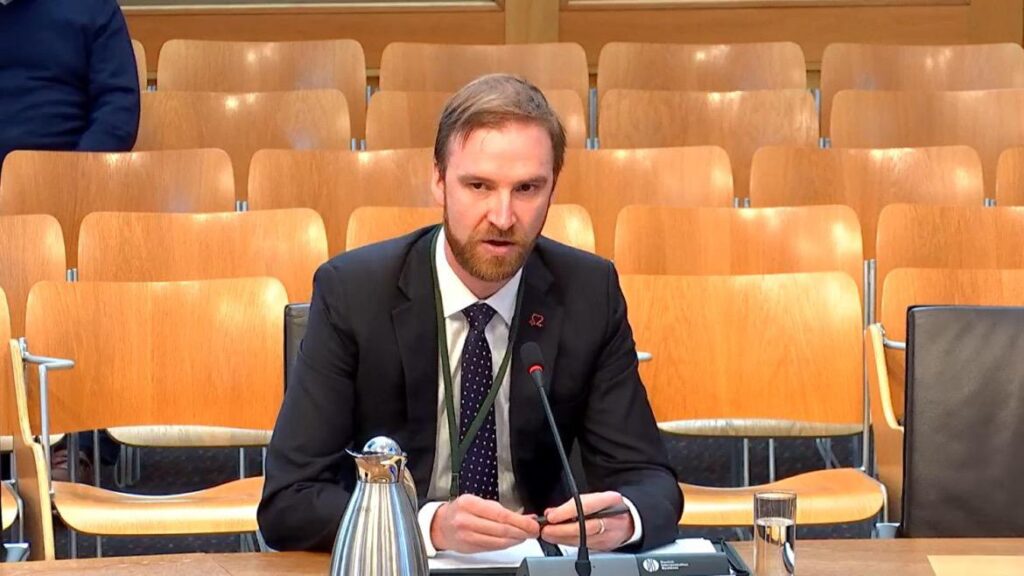
How has the energy crisis affected your work and how can we best alleviate the crisis?
Anyone who uses energy – that is to say, everyone – has been affected. Many countries, including the UK, use gas to heat homes and generate electricity. Gas is a global commodity and therefore anyone who uses gas is exposed to global prices. Gas prices were already going up post-Covid as countries and industries came back online, but they skyrocketed further after the Ukraine war began, and there were big concerns in Europe about extreme price rises and gas shortages over the winter.
Fortunately, we have had a relatively mild winter, and we have also been able to diversify our sources of gas (e.g. increased production in the North Sea and increased LNG imports) as well as becoming more efficient in how we use energy. European energy companies have done a great job keeping the lights on and our homes warm.
To alleviate this crisis, in the short term we need to continue to find more secure sources of energy, these could be locally or nearby – so-called ‘friend-shoring’. Governments can also play a role in supporting energy users by helping keep bills down, supporting vulnerable customers and businesses, and promoting energy-efficient behaviours and technologies.
In the medium-long term, the solution is clear – clean electrification. We need to electrify as much energy use as possible (especially transport and heating) and make sure that the electricity comes from a clean source, i.e. renewables.
Renewables and batteries effectively ‘solve’ the energy trilemma by delivering zero carbon, cheap and reliable electricity. Solar and wind in particular are already the cheapest forms of energy in many countries (including the UK). Battery costs are also dropping rapidly – every time I present, my slides are out of date!
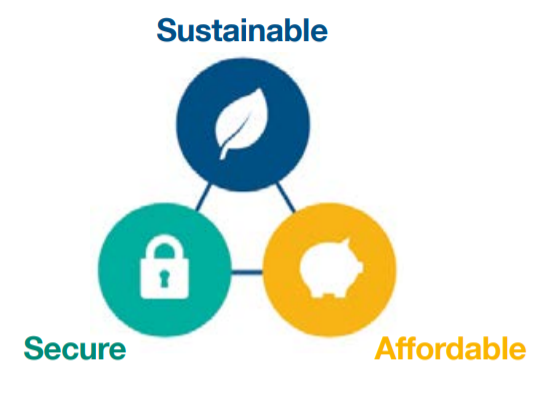
These solutions provide more energy security than further exposing ourselves to wildly fluctuating international markets that rely on importing molecules of energy from around the world. Hydrogen, carbon capture and storage, and bioenergy will definitely also all play a role in helping us decarbonise the energy system, but clean electrification will do most of the heavy lifting.
And of course all these new technologies provide great opportunities for anyone working in the energy space.
What do you hope to be doing in five years’ time?
It’s a great question – I’m not really sure what I want (a trait not uncommon among Johnians in my experience). I’ve lived in two hemispheres, have three different degrees and have worked in engineering, consulting, lobbying and finance. I used to have very defined and ‘traditional’ plans for my career, but they rarely worked out and were often turned upside down by things completely out of my control.
I don’t like to plan too far ahead these days, but if I were to hazard a guess, I would say something still in the energy, climate change and/or innovation space, as I am super passionate about ensuring we get to net zero and embrace new and exciting technologies. Who knows though!

